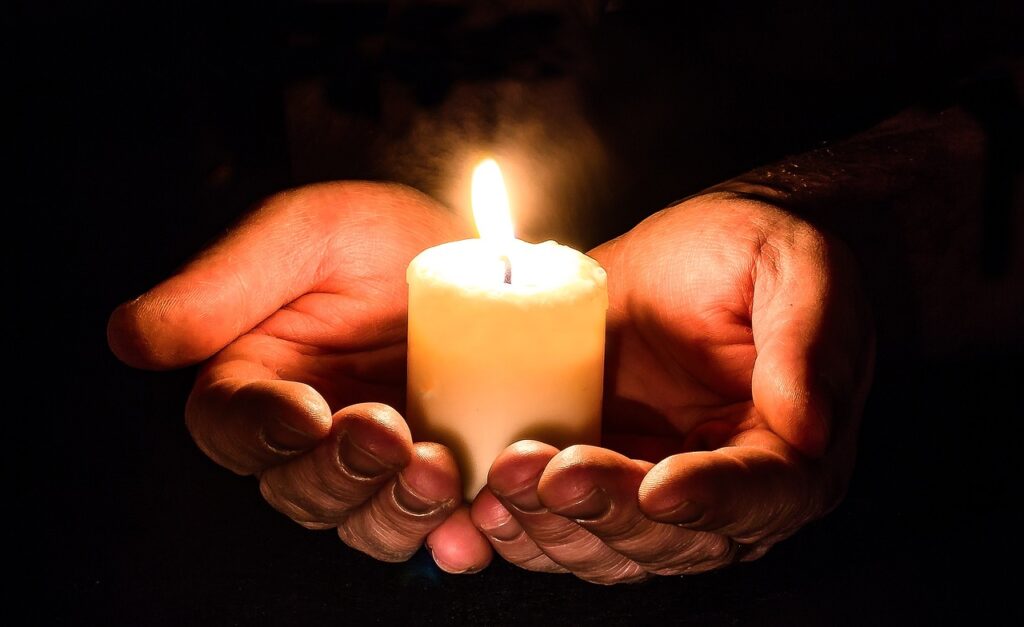In his insightful book “Our Mysterious Lives,” David Carter dives into the complicated world of prayer, challenging widely held beliefs about its usefulness. Carter emphasizes the paradox surrounding the notion of prayer, with around half of the world’s population claiming its advantages despite a lack of tangible evidence.
The author makes an important point about the difficulties of performing an extensive scientific investigation on prayer’s impact, stressing the inherent prejudices that arise depending on the organization handling the research. Religious organizations tend to report positive results, crediting them to prayer, whereas non-religious institutions frequently discover no association. Carter cites critical characteristics to consider in such studies, such as prayer duration, participant number, and the faith leader leading the prayer.
Carter emphasizes the difficulty of defining qualities in prayer research, particularly when psychological and physical elements are involved. He observes a tendency among believers to credit beneficial results to the quality and amount of prayer, while justifying poor events as “God’s will.” This raises problems about the selective reasoning used to interpret the efficacy of prayer in various contexts.
The act of praying may serve a deeper purpose for the individual providing the prayer than for the intended recipient. The psychological and emotional benefits of a sense of service or sacrifice are examined, undermining the traditional view of prayer as an immediate response mechanism.
Finally, “Our Mysterious Lives” encourages readers to critically assess the function of prayer in their lives, fostering a nuanced worldview that goes beyond conventional views. Carter’s investigation of the complexity of prayer invites readers to examine, think, and get a better understanding of this perplexing facet of human existence.

